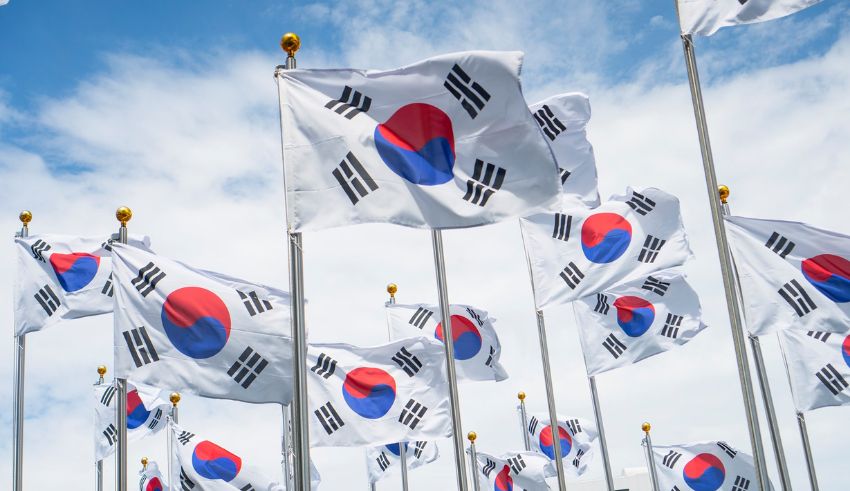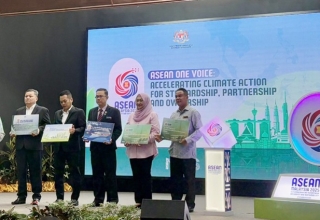
South Korea’s attempts to counter North Korean propaganda remain a pillar in its approach to influence and enlighten, notwithstanding times of austerity. Reflecting a holistic approach to address one of the most enduring issues on the Korean peninsula, this continuous project makes use of several strategies, each with benefits and possible pitfalls.
Leaflets and loudspeakers: echoes from the Cold War
For decades, inter-Korean ties have prominently included loudspeaker broadcasts. Directly reaching North Korean troops and citizens alike, these broadcasts, blasting news and important messages across the Demilitarized Zone (DMZ), act as Usually stressing South Korea’s development, the messages also criticize the North Korean government. Apart from loudspeakers, South Korea uses balloon distribution of pamphlets. These pamphlets, which feature news stories, pictures, and occasionally even cash or USB drives, seek to give North Korean residents knowledge ordinarily unavailable due to state tight media control. These approaches run the danger of inflaming relations and are sometimes seen by North Korea as aggressive abuses of its sovereignty, even while they can increase awareness and maybe inspire dissent.
Radio Waves and Digital Distribution
Radio broadcasts from South Korea offer a less hostile but nevertheless very important approach. News, South Korean cultural, and entertainment-based programs give North Korean listeners other points of view and a window into another planet. Attempts to smuggle USB sticks and SD cards with South Korean content—such as movies, TV series, and news reports—aim to get beyond North Korea’s strict information restrictions. These internet tools provide a means to reach North Koreans straight from their homes and are subtle but maybe powerful. But given North Korean society’s secretive character and the harsh punishments for anybody found accessing foreign media, it is difficult to gauge how successful these programs are.
Beyond the Border: Soft Power and Public Diplomacy
Beyond direct information sharing, South Korea’s anti-propaganda initiatives cover a more general public diplomacy and soft power strategy. South Korea subtly challenges North Korea’s image as a self-sufficient, ideologically superior state by highlighting on the international scene its economic achievements, technological innovations, and democratic liberties. Powerful weapons in this soft power toolkit include cultural exports, mostly K-pop and Korean dramas. For North Korean people who have access to these cultural events, they present a pleasing and relevant picture of South Korean life that can really speak to them. The lively culture and wealth of South Korea appeal sharply against the solitude and hardships of North-east existence.
A Changing Target: Obstacles and the Future
The success of South Korea’s anti-propaganda campaigns is intrinsically difficult to measure. The heavily regulated media environment of North Korea and harsh penalties for ingesting outside information restrict the influence and reach of these programs. Furthermore affecting the deployment and intensity of some techniques, such loudspeaker broadcasts, which are frequently stopped during diplomatic interaction, is the changing political environment between the two Koreas. Notwithstanding these obstacles, South Korea’s multifarious strategy offers the adaptability required to seize opportunities and fit changing conditions. The changing inter-Korean relationship and ongoing creative innovation in means of reaching the North Korean people will probably determine the fate of this approach.
Finally, South Korea’s multifarious counter-measures against North Korean propaganda show a mix of direct and indirect tactics meant to affect and enlighten North Korean people. This project emphasizes the difficulty and tenacity needed to handle one of the most difficult facets of inter-Korean ties. The strategies and effectiveness of these anti-propaganda campaigns will change as the geopolitical scene changes; their ultimate objective is to produce a more informed and maybe unified Korean peninsula.
























